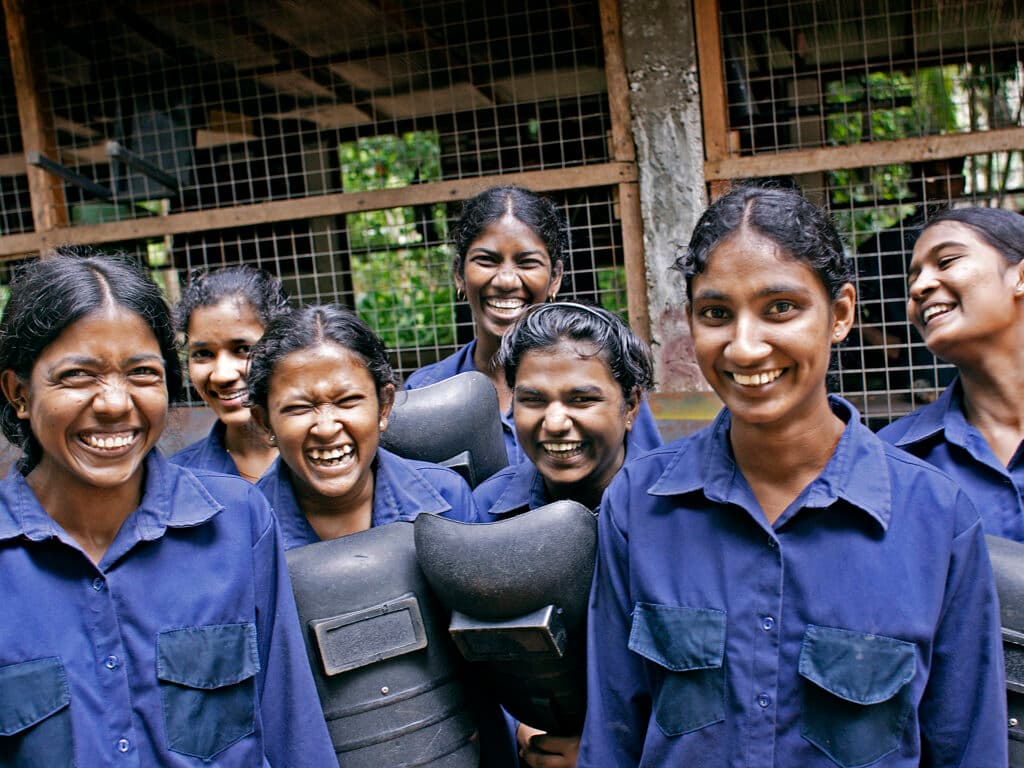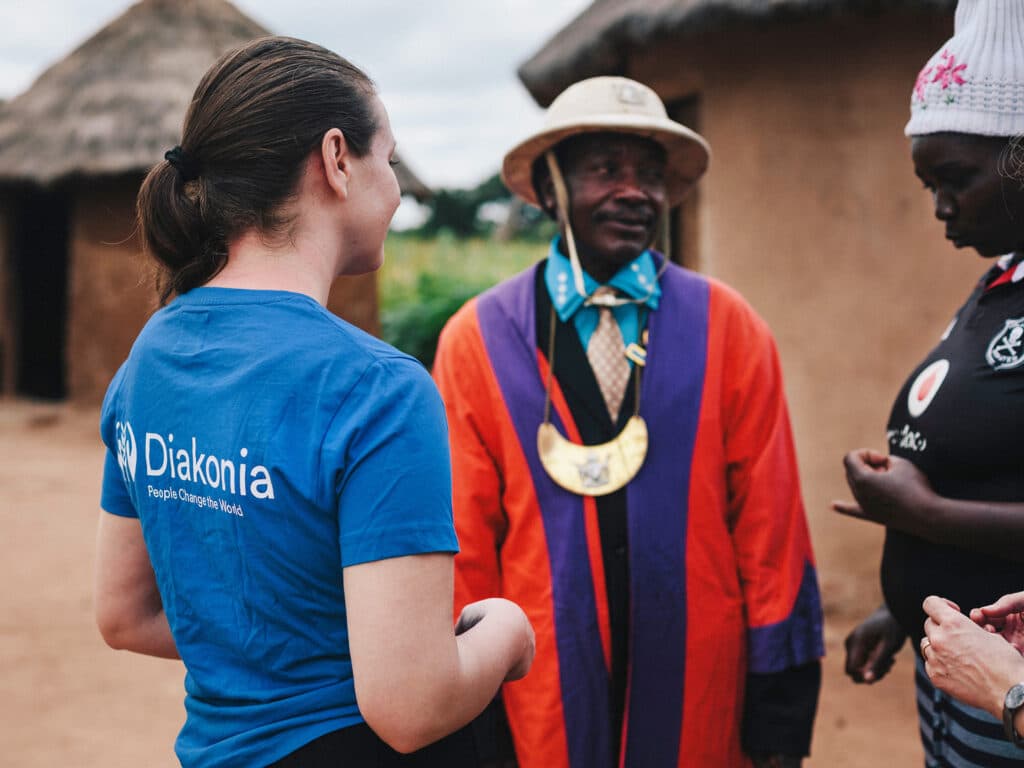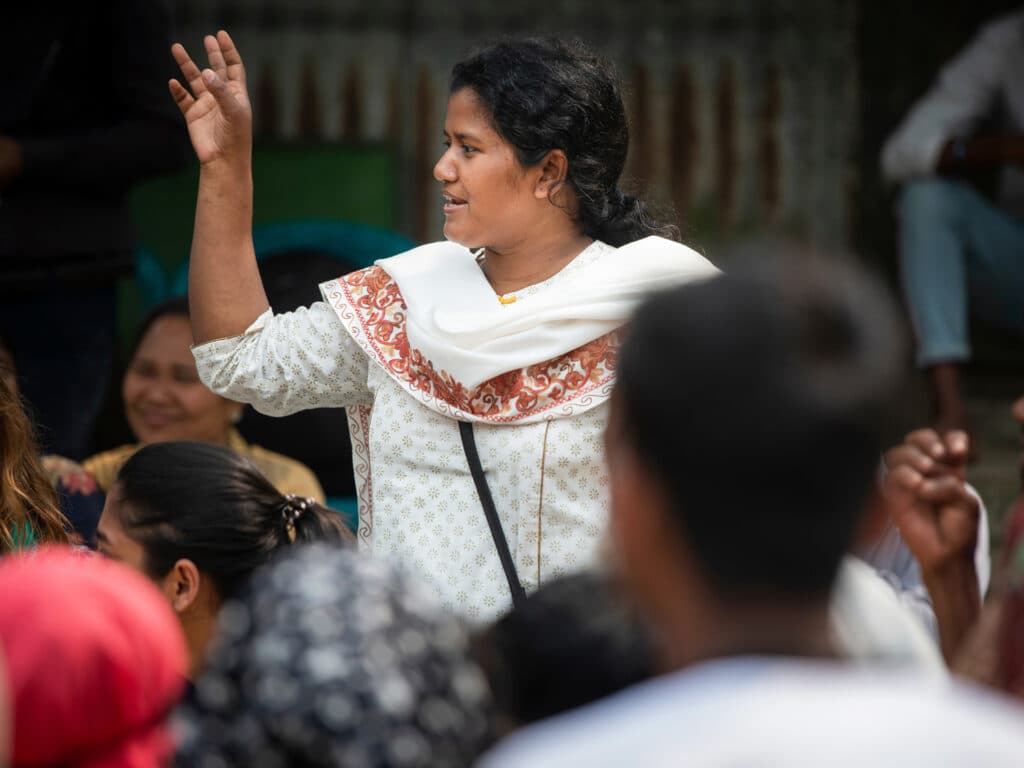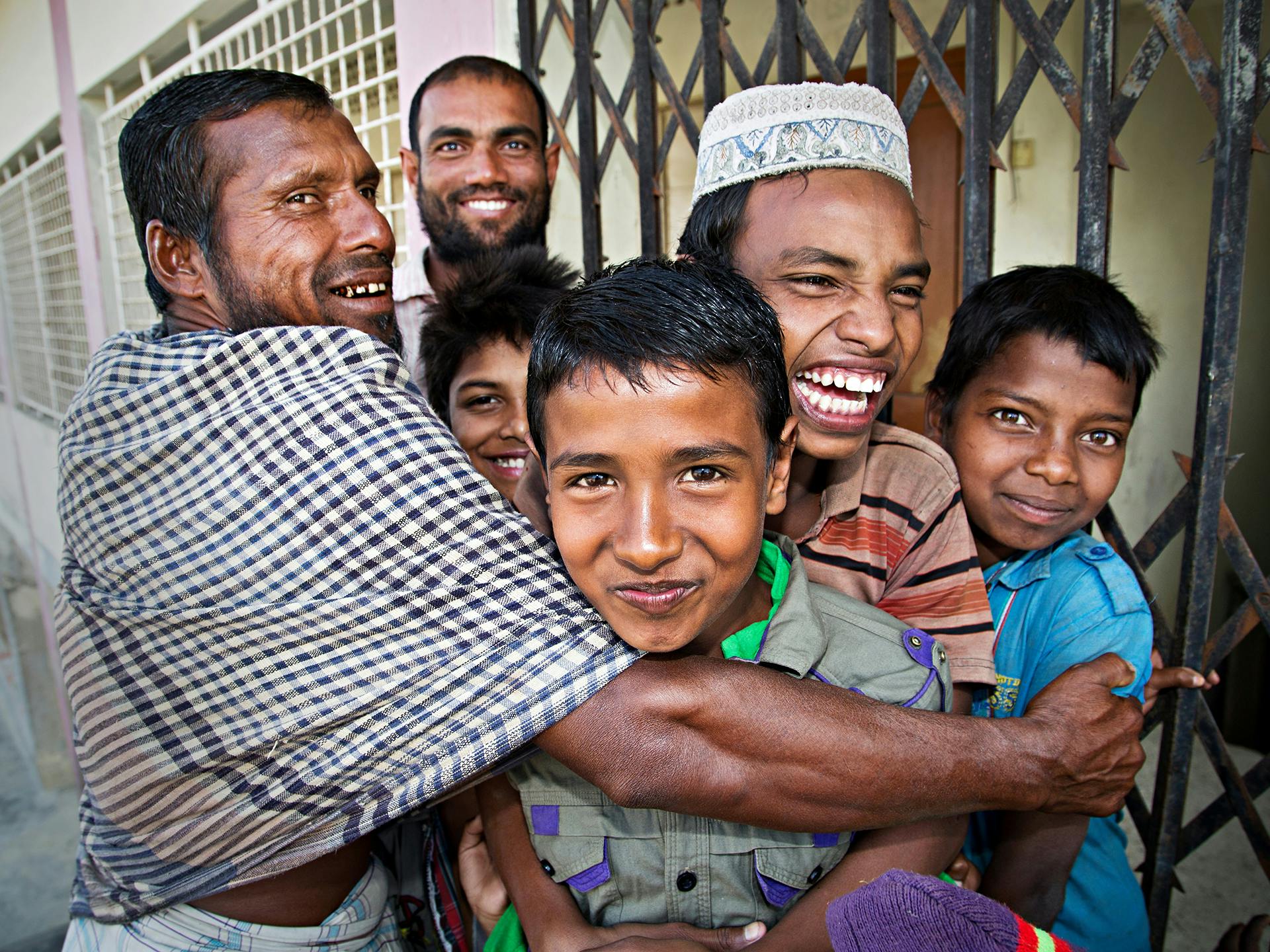
Accountability and CHS
Diakonia is a member of Core Humanitarian Standard (CHS) Alliance since 2015 and is certified against its standard since 2020. As such, Diakonia is committed to meet the highest standards of accountability and quality management throughout our work in relation to the people we aim to assist.
Widely recognised standards internationally
HAP was established in 2003. It was the first international certification institution for the international development and humanitarian sector. HAP was merged into the CHS Alliance in 2015, which forms one of the largest and most influential networks of organizations committed to improving humanitarian and development work through the application of standards.
The current CHS’s quality assurance scheme is supported by leading humanitarian donors, including AusAID, Danida, Swiss Agency for Development Cooperation (SDC) and Swedish International Development Cooperation Agency (Sida).
The standards helps Diakonia to assess, improve and recognise the quality of its work and benefits both in in regard to our own organization and relations with the people we aim to assist. It reduces the risk of errors, abuse and corruption within the organization. Diakonia adheres to the Core Humanitarian Standards not only in its humanitarian work, but also in its development cooperation work to ensure that the entirety of Diakonia’s programmes meets the highest standards.
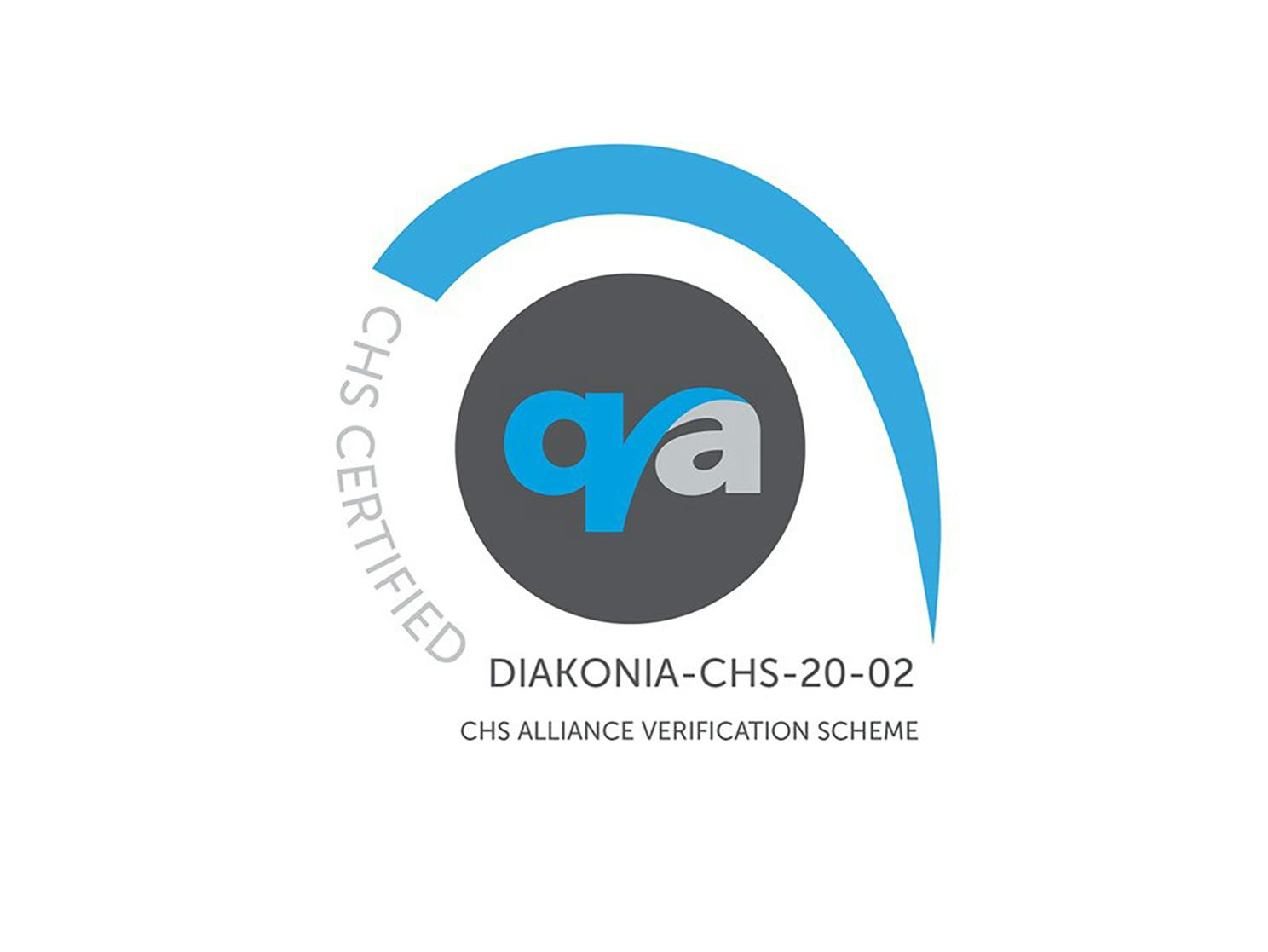
Obliged to meet the requirements
Diakonia has its own accountability framework since 2012, which is in line with all the commitments in the CHS Standard. As a member of CHS Alliance, Diakonia is also obliged to continuously improve its performance through verification and reporting systems.
The requirements are the following:
- Establishing and delivering on commitments: The organization sets out the commitments that it will be held accountable for, and how they will be delivered.
- Staff competency: The organization ensures that staff have competencies that enable them to meet the organization’s commitments.
- Sharing information: The organization ensures that the people it aims to assist and other stakeholders have access to timely, relevant and clear information about the organization and its activities.
- Participation: The organization listens to the people it aims to assist, incorporating their views and analysis in programme decisions.
- Handling complaints: The organization enables the people it aims to assist and other stakeholders to raise complaints and receive a response through an effective, accessible and safe process.
- Learning and continual improvements: The organization learns from experience to continually improve its performance.
What is accountability?
Diakonia’s Accountability Framework briefly describes who we are, what we do and to whom we are accountable to. Most importantly, it states our commitments to partner organizations, rights holders and other stakeholders.
Accountability means that we use our power responsibly, that we take into account the views of the people we aim to assist, partner organizations and other stakeholders, and that we can be held accountable by these people.
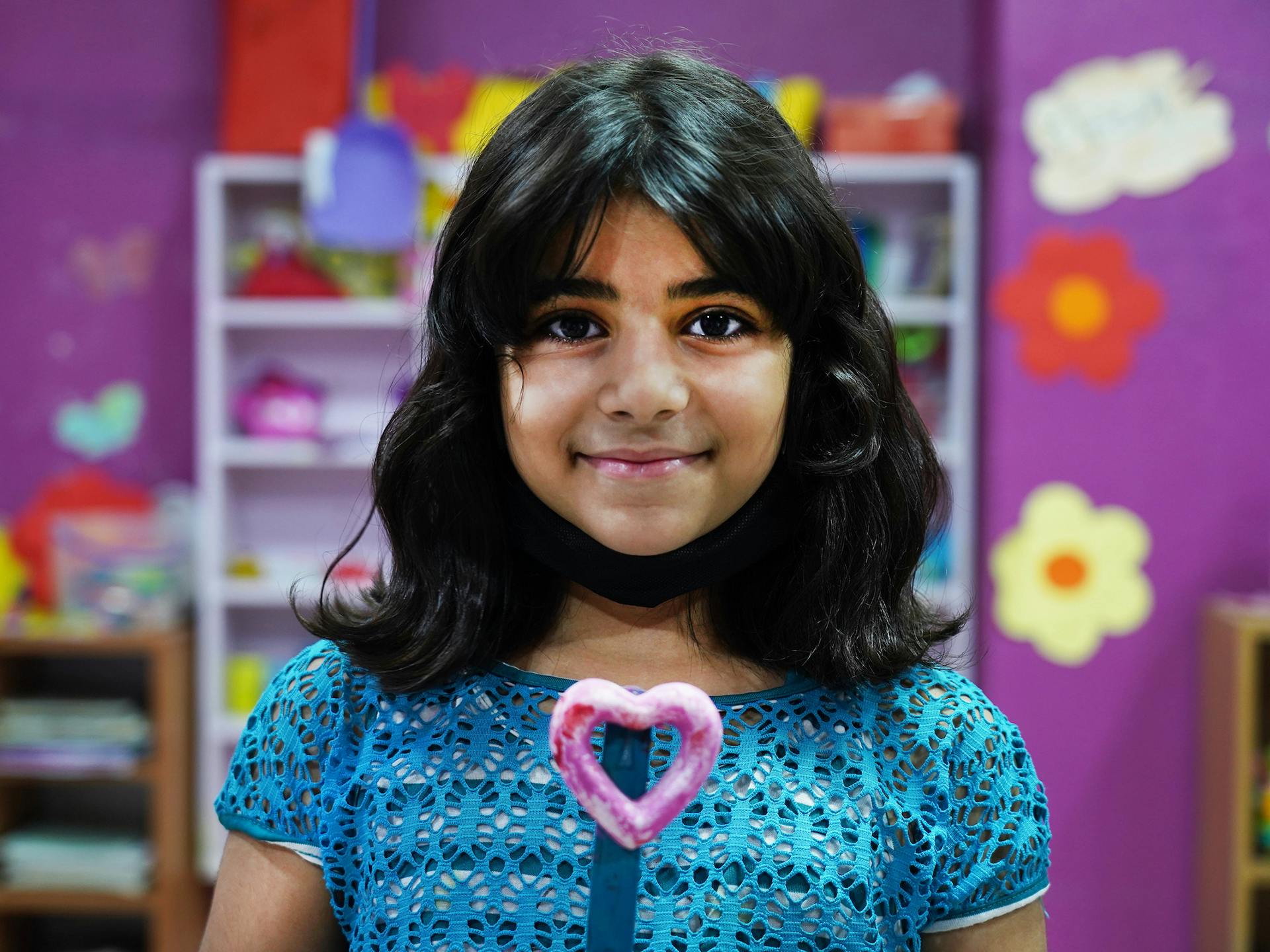
Accountability in armed conflicts and disaster
Accountability is particularly important when working on behalf of people affected by disaster, conflict, poverty or other crises. People affected by disasters have limited options and little power over their access to assistance and protection. Diakonia and its partner organizations therefore have an ethical responsibility to respect the dignity of victims and to do their outmost to ensure that assistance programmes are of the best possible quality based on the need of the affected population.
What does Diakonia do when disasters strike?
In order to successfully provide effective disaster relief, knowledge of the area is essential. For this reason, Diakonia only provides intermediate relief together with local partner organizations that have the capacity and experience to work in this area in line with international humanitarian standards and principles. Our partner organizations know what is needed and lead the work in collaboration with the people affected by the disaster. This process is crucial in ensuring that the most vulnerable people affected by a crisis are identified and is strengthened by a holistic approach in which for example women, girls, different ethnical groups and people of different ages and social status are actively participating.
In areas where Diakonia and its partner organizations are not present, Diakonia as a member organization has a possibility of channeling support through the ACT Alliance. ACT Alliance is a broad network with active partners all over the world, that carries out development and humanitarian programmes. In humanitarian instances, this support will benefit an ACT Alliance appeal that has been created to respond to humanitarian needs in a specific context.
